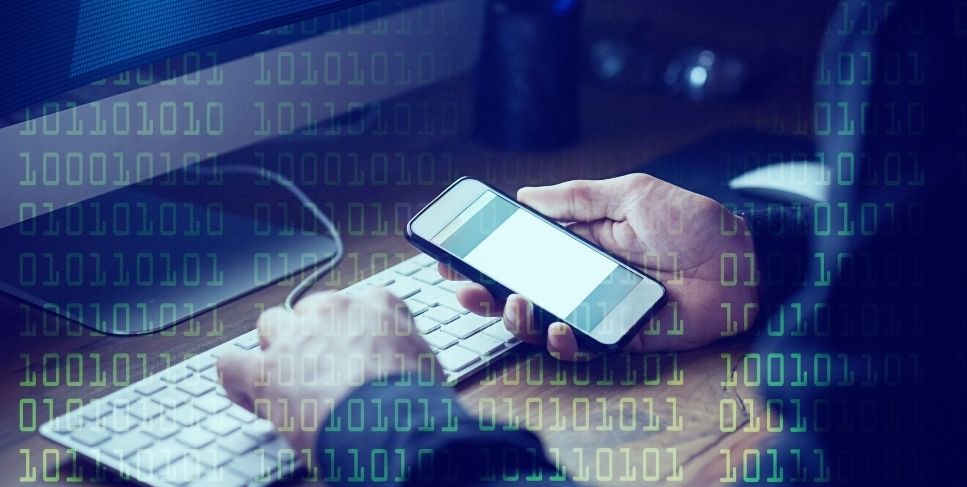Most people looking at their bank statements would probably notice if their credit or debit card were used without their approval to purchase a big ticket item, and they would quickly call their bank or card issuer to report the error or fraudulent transaction. But consumers are less likely to be suspicious of very small charges, including those less than a dollar ... which is why criminals like to make them.
Small transactions can be signs that someone has learned your account information and is using it to commit a crime," said Michael Benardo, manager of the FDIC's Cyber Fraud and Financial Crimes Section. "That’s why it’s important to be on the lookout for fraudulent transactions, no matter how small."
He added, "When thieves fraudulently obtain someone else’s credit or debit card information and create a counterfeit card, they might test it out with a small transaction — like buying a pack of gum or a soda — to make sure the counterfeit card works before using it to make a big purchase. If this test goes unnoticed by the true account holder, thieves will use the card to buy something expensive that they want or that they can easily sell for cash."
In one example, the Federal Trade Commission alleged that a group of individuals stole nearly $10 million by making charges to more than a million credit and debit cards that went unnoticed by most of cardholders because the transactions ranged from 20 cents to $10.
Even a small deposit in your checking or savings account that you weren’t expecting could be a sign that criminals have learned your account information and are trying to link your account to theirs so they can fraudulently withdraw money, perhaps your entire balance. Note: Be aware that if you ask to link your accounts at two different financial institutions, such as when setting up automatic transfers for investment or payment purposes, many banks and other payment providers may make test charges or deposits of less than $1 to verify that the proper arrangements have been made.
What can consumers to do protect themselves? Be on the lookout for small transactions you don’t think you’ve conducted or authorized. "The best way to catch this kind of fraud is to regularly and thoroughly review your bank and credit card statements to look for transactions that you didn’t initiate," Benardo said. "If you have online access to your bank and credit card accounts, it is a good idea to check them regularly, perhaps weekly, for suspicious activity."
Immediately contact your bank or credit card issuer if you see a transaction that you didn’t authorize and ask for it to be reversed. Debit card users in particular should promptly report an unauthorized transaction. While federal protections for credit cards cap losses from fraudulent charges at $50, a consumer’s liability limit for a debit card could be up to $500 or more if you don’t notify your bank within two business days after discovering the theft.
Also ask your bank or credit card issuer about additional precautions it could take to prevent fraud on your account. "For a period of time, it might monitor your account more closely for fraudulent transactions," Benardo said. "Or, it may determine that the best course of action is to close your current account and issue you a new card with a new account number."
Article Provided by FDIC, Consumer News. To learn more about how to keep your credit and debit cards safe from fraud, visit FDIC Consumer News.



